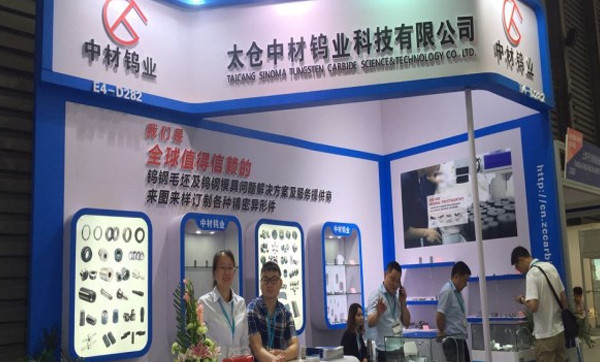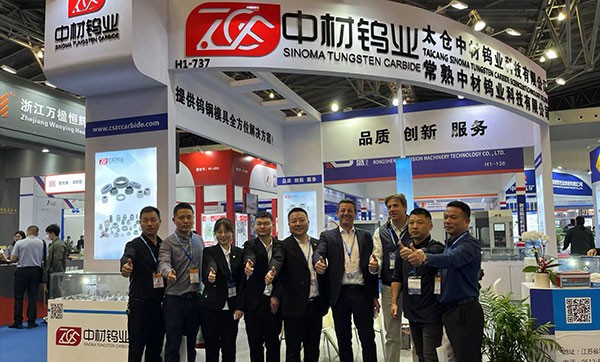3. Improved Efficiency and Productivity
The robustness of tungsten carbide molds allows them to withstand the stresses of high-speed and high-pressure production processes. This resilience enables manufacturers to operate at higher speeds and with greater force without compromising the quality of the molds. Consequently, production lines can run more efficiently, with shorter cycle times and increased output. The ability to maintain high productivity levels without frequent interruptions is a significant advantage in competitive markets.
4. Reduced Maintenance and Downtime
Frequent maintenance and unexpected downtime can be costly and disruptive to production schedules. Tungsten carbide molds, with their high wear resistance, require less frequent maintenance compared to their steel counterparts. This reduced maintenance need leads to fewer interruptions in the production process and lower maintenance costs. The long-term reliability of these molds ensures smoother operations and better utilization of resources.
5. Versatility in Applications
Tungsten carbide molds are highly versatile and can be used in various manufacturing processes, including injection molding, die casting, and metal stamping. Their ability to perform effectively in different environments makes them a valuable asset across multiple industries, from automotive and aerospace to electronics and consumer goods. This versatility allows manufacturers to streamline their tooling inventory and rely on a single material for diverse applications.
6. Cost-Effectiveness Over Time
While the initial investment in tungsten carbide molds may be higher compared to traditional materials, the long-term benefits justify the expense. The extended lifespan, reduced maintenance, and enhanced production efficiency lead to lower total cost of ownership. Manufacturers can achieve better return on investment through improved operational efficiencies and higher quality outputs.
7. Environmental Benefits
High-quality tungsten carbide molds contribute to sustainability in manufacturing. Their durability and longevity mean fewer resources are consumed in producing and replacing molds. Additionally, the precision and consistency they offer reduce material waste and scrap rates during production. These environmental benefits align with the growing emphasis on sustainable manufacturing practices and can enhance a company’s reputation and compliance with environmental standards.
Conclusion
Investing in high-quality tungsten carbide molds is a strategic decision that offers numerous advantages to manufacturers. The exceptional durability, precision, and efficiency provided by these molds lead to improved productivity, reduced costs, and enhanced product quality. By minimizing maintenance and downtime and ensuring consistency in production, tungsten carbide molds bring significant convenience and reliability to manufacturing processes. For any company aiming to stay competitive and efficient, the choice of tungsten carbide molds is a forward-thinking investment that pays dividends in both the short and long term.




